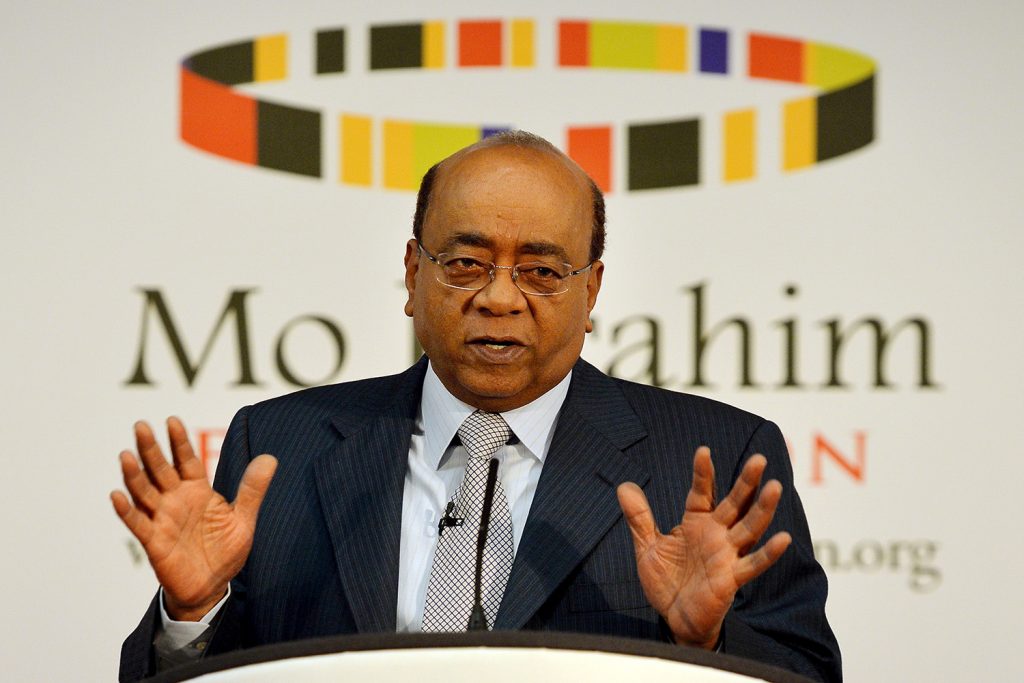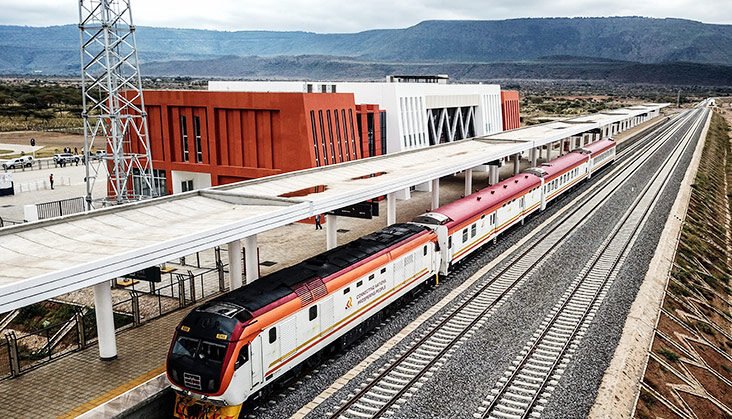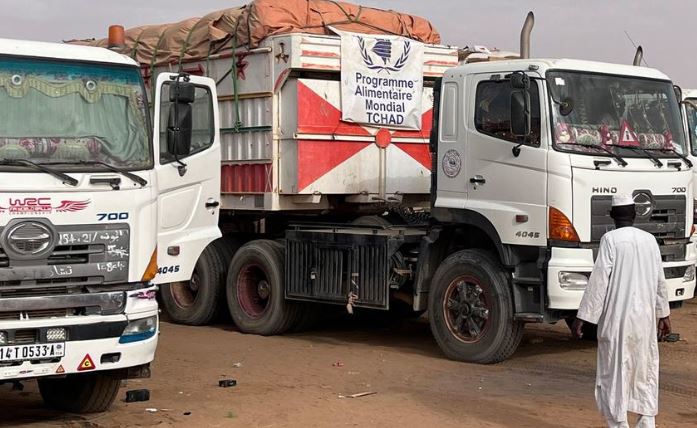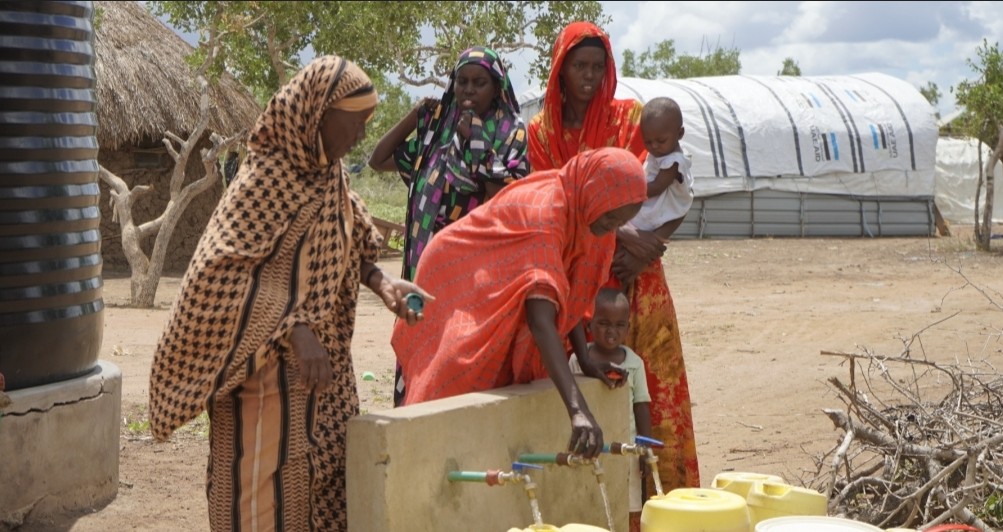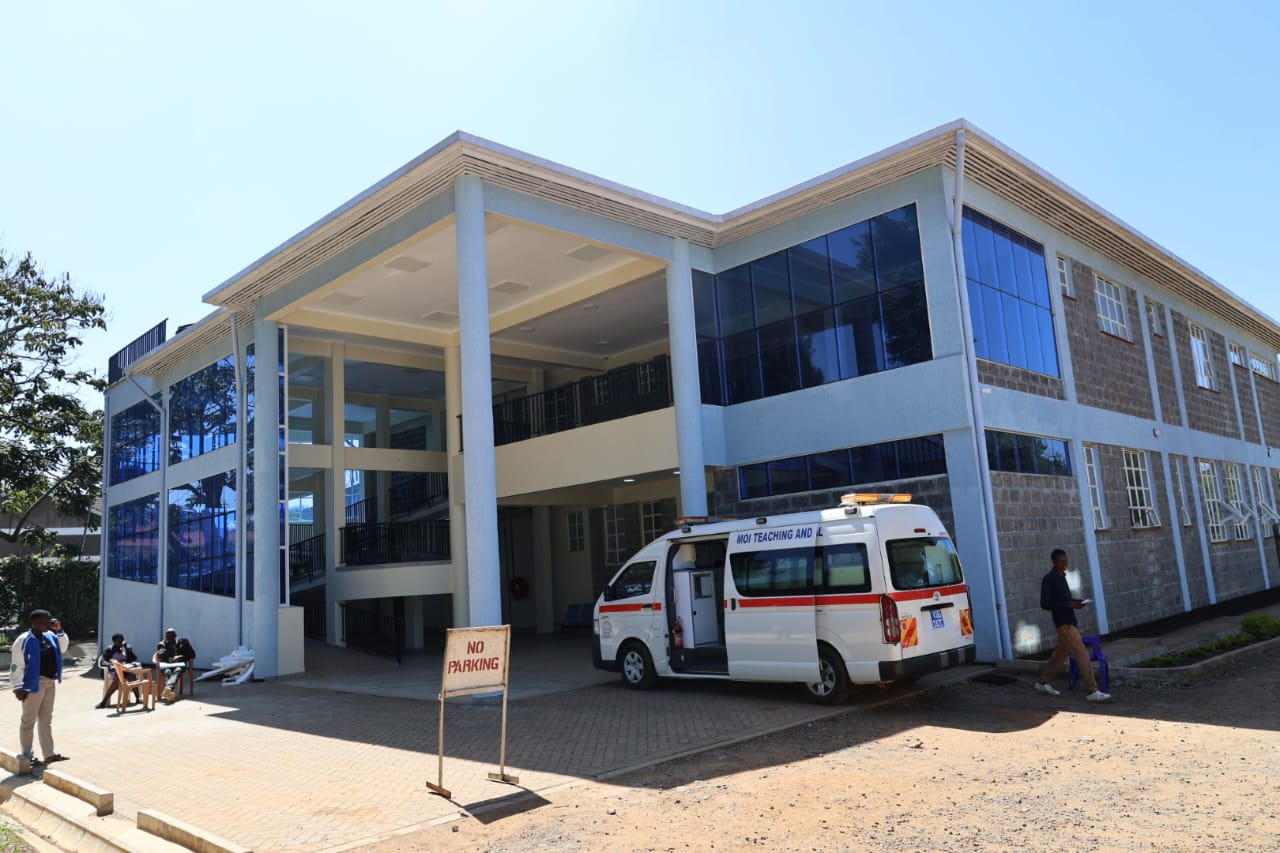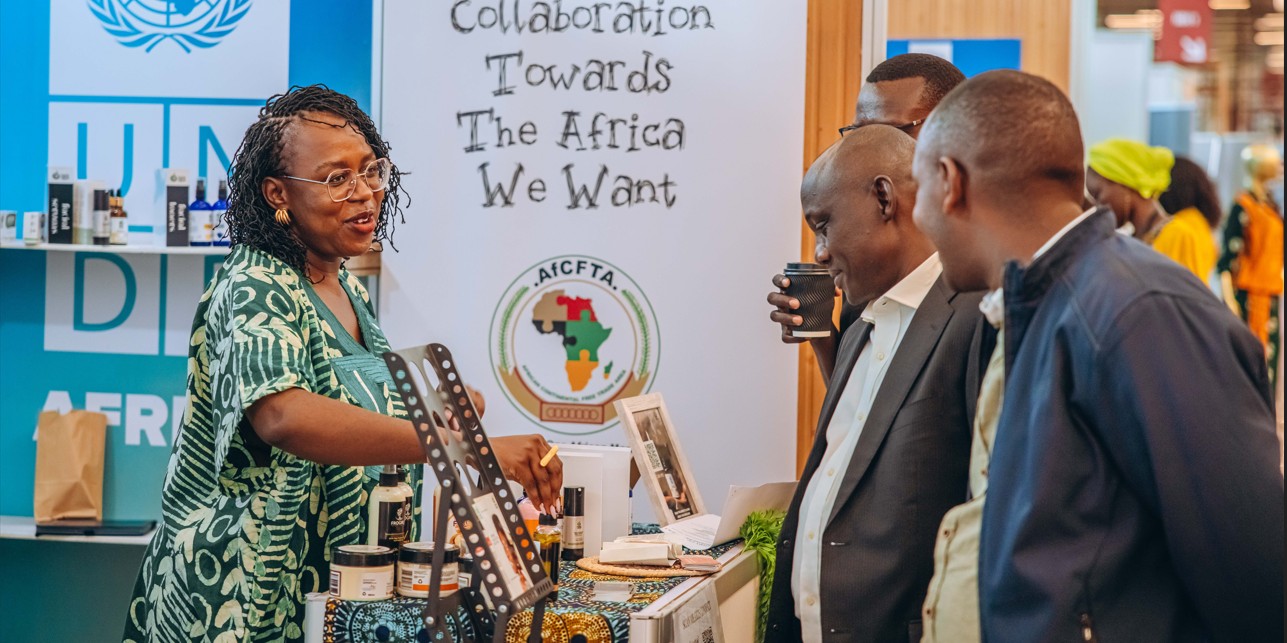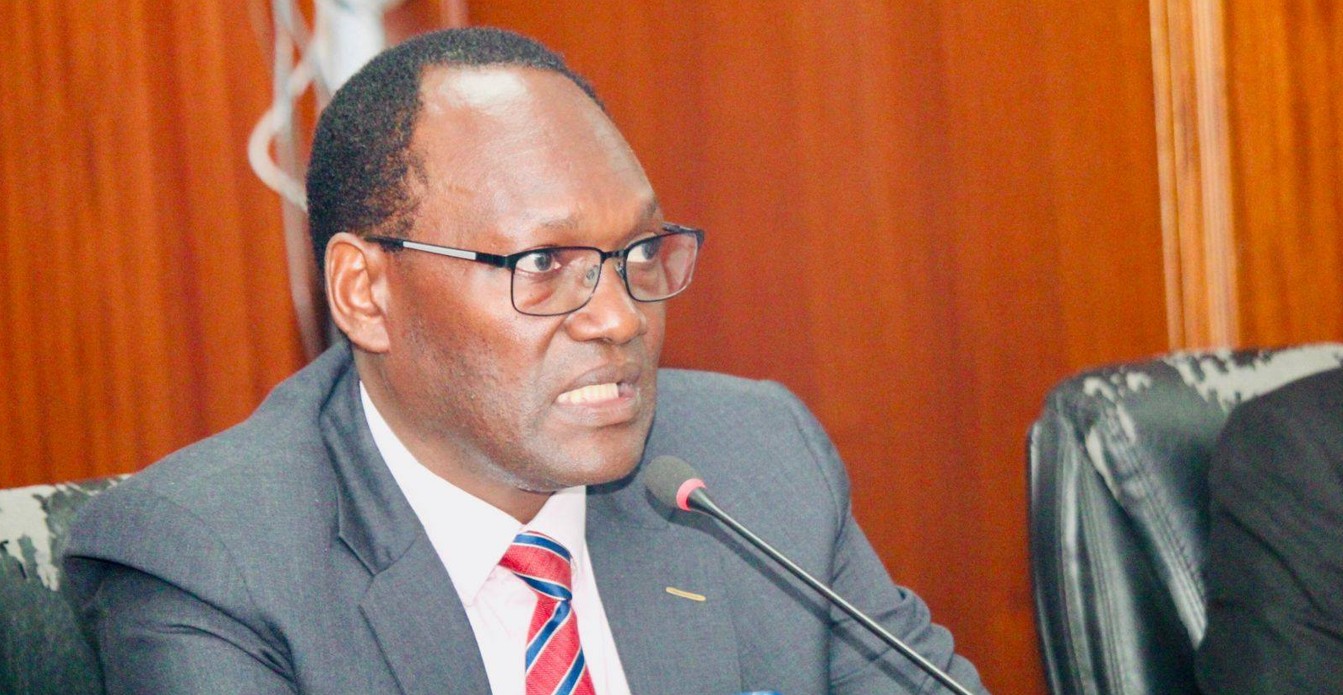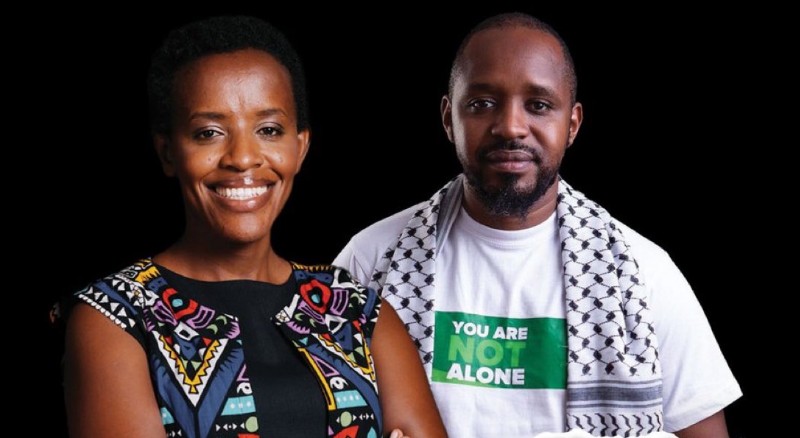State to triple school feeding budget, expand coverage to 10 million children by 2030
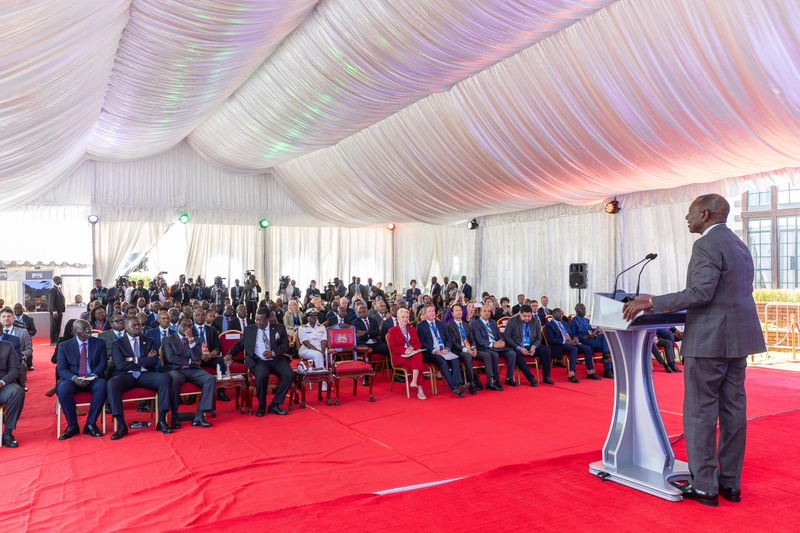
The President highlighted that the school feeding programme has evolved significantly since its full integration as a national initiative in 2018, now benefiting 2.6 million learners—an increase from the initial 240,000.
President William Ruto has announced that the government will increase budgetary allocations for the school feeding programme, aiming to expand coverage from 2.6 million to 10 million children by 2030, to maximise school enrollment and retention.
Speaking at the Second Ministerial Meeting of the Global School Meals Coalition on Tuesday, Ruto highlighted the benefits of providing school meals, noting that there is a crucial link between access to food and nutrition and school retention rates.
More To Read
- Ruto proposes law to allow housing levy contributors access Sh5 million loans
- Over 800,000 youths to benefit from Sh20 billion Nyota project- Ruto
- Ruto nominated me but as IEBC chair I won't favour him, or anybody else- Ethekon
- Watch: IEBC chair nominee Erastus Ethekon faces vetting panel
- Presidents Abdirahman, Ruto meet at State House for trade, security and youth empowerment talks
- Okoa Uchumi slams Ruto’s apology, demands justice for violence, graft, economic injustice
“It has been the country’s long-held aspiration to maximise school enrollment and retention to ensure every child in Kenya has access to education,” he said.
“School meals, therefore, have far-reaching benefits: they make adequate nutrition accessible, foster learning, create jobs, promote sustainability, and uplift communities. Yet, hunger remains a significant challenge to the well-being of many, particularly in arid regions.”
To tackle these issues, Ruto revealed that the government has tripled the budgetary allocation for the school feeding programme.
“To address this, we have set a clear goal: to expand the programme’s coverage from 2.6 million to 10 million children by 2030,” he added.
He further explained that an operational plan has already been launched to scale up the initiative, expressing his commitment to its success. “We are committed to action and are fully determined to succeed,” he said.
The President highlighted that the school feeding programme has evolved significantly since its full integration as a national initiative in 2018, now benefiting 2.6 million learners—an increase from the initial 240,000.
“The programme’s transformative impact extends beyond education, stimulating value chains within our agriculture and food systems and boosting our economy,” he said.
The School Meals Programme was first introduced in Kenya in 1966, just three years after independence, initially operating only in Nairobi. The partnership with the World Food Programme facilitated the national expansion of the initiative by 1980.
The President also addressed climate challenges, stating that the government is combining initiatives to promote resilience.
This, he said includes robust support for school meals, provision for local sourcing, and fostering sustainable practices such as clean cooking and the adoption of drought-resistant crops.
“Through advocacy under the 'Call to Action for Climate-Friendly School Feeding,' we are embracing eco-friendly solutions,” Ruto added.
He called on all partners to unite under the National School Meal Coalition to achieve the government's ambitions, asserting, “Kenya calls on other nations to join us in this shared quest to ensure no child is left behind.”
The Global School Meals Coalition aims to ensure that every child receives a nutritious daily meal, enhancing health, education, and agricultural systems.
In Kenya, the coalition supports the Home-Grown School Feeding (HGSF) programme, which began in 2009 and has become one of Africa's largest initiatives, fostering collaboration among nations to share best practices and address challenges in school feeding programmes.
Top Stories Today

